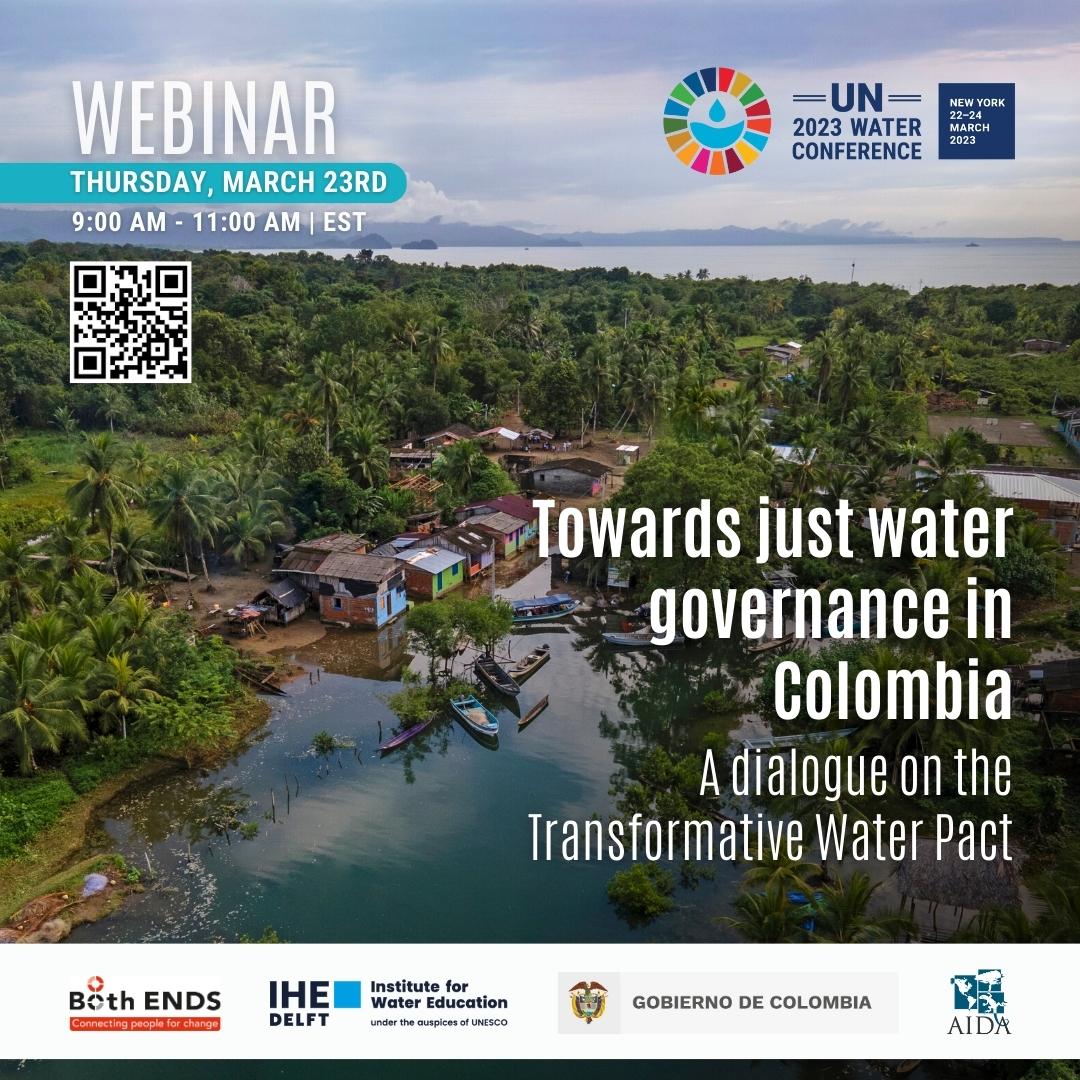Here you will find the latest news, blogs from our staff, the most recent publications and upcoming events. If you would like to stay informed of the latest news, subscribe to our newsletter or follow us on LinkedIn, Facebook, Instagram and X.

For decades, the local partner organisations of Both ENDS have been developing and promoting ways to fight land degradation, desertification and drought in their surroundings. And this accounts not only for regions like the Sahel, but also for forests and wetlands. To celebrate the UNCCD's Desertification and Drought Day 2023, we'd like to show a few examples of how our partners restore ecosystems to serve the well-being of people and the environment.

What does an economy look like that serves the well-being of people and the planet?
A wide range of great ideas about a transition to sustainable and just economic systems already exist, including ways to get there and examples that show that it is really possible. In this talkshow, we highlight some of these examples and hope to fuel the dialogue about this topic.
Inspired? Join our 'The Future We See' - talkshow on May 25th! You can either attend live or online, quietly listen or actively participate in the discussion. We hope to see you there!
Get your free tickets for the liveshow (limited!) or to join online here!

On 23 May, the Netherlands celebrates 60 years of bilateral investment treaties (BITs). The first BIT was signed with Tunisia in 1963. These treaties were intended to make an important contribution to protecting foreign investments by Dutch companies. A study by SOMO, Both ENDS and the Transnational Institute (TNI), however, shows that in practice they mainly give multinationals a powerful instrument that has far-reaching consequences people and the environment worldwide.

Our manifesto "The Dutch Agriculture Agreement reaches further than the Netherlands: offer prospects for sustainable farmers and consumers worldwide" has now been signed by over 70 civil society organisations, agricultural organisations and companies, environmental organisations and scientists from around the world. Below, a few of them give their personal motivation why they support the manifesto.

The Dutch Agriculture Agreement, which is currently under development, is too much focused solely on the Netherlands. That is the opinion of a broad coalition of more than sixty NGOs, farmers' organisations, scientists and companies that have today sent an urgent letter to agriculture minister Piet Adema and foreign trade and development minister Liesje Schreinemacher. The government's agricultural policy should also aim to reduce the Netherlands' enormous agrarian footprint beyond our borders, by taking food security and the preservation of biodiversity as its starting points. The coalition has published a manifesto in which it sets out how reform of the Netherlands' foreign agricultural policy could be given shape.

In these uncertain times of accumulating national, international and global crises, we need hope and inspiration more than ever. Fortunately, many hopeful ideas and initiatives are already existing that show that it is indeed possible to change the world - and especially the systems behind it - in a sustainable and fair way. What opportunities are to be found, what is hopeful, what is already happening and how can we, as the Netherlands, respond to this?

The UN Water Conference is an important event that brings together stakeholders from around the world to discuss water and climate solutions. This year, GAGGA is organizing a side event during the conference that you won't want to miss!
On Thursday March 23rd, from 1.15 -2.30 pm, GAGGA will present their commitment to support, finance, and promote locally rooted, gender just climate and water solutions within the Water Action Agenda. This event will inspire other stakeholders to join in their commitment, while presenting inspiring examples of such solutions presented by local women from Nepal, Kenya, Paraguay, Mexico, and Nigeria.

This event will present The Transformative Water Pact (TWP), an innovative framework for water governance that has been developed by environmental justice experts from around the world. The TWP will serve as a starting point for dialogue between representatives of the government of Colombia, academia, regional and international NGOs in relation to Colombia's current ambitions in multi-scalar water governance.
